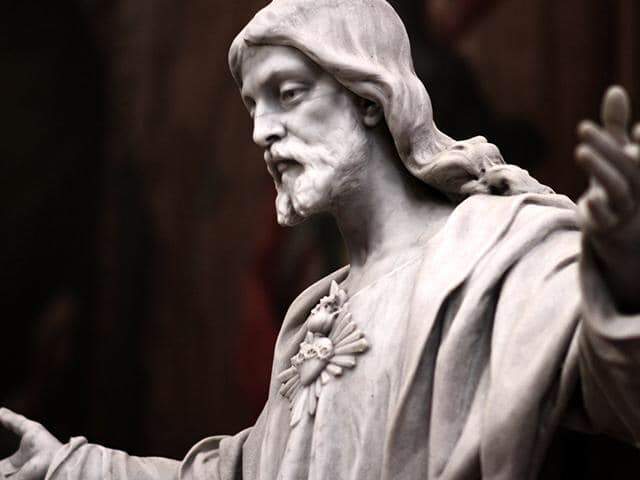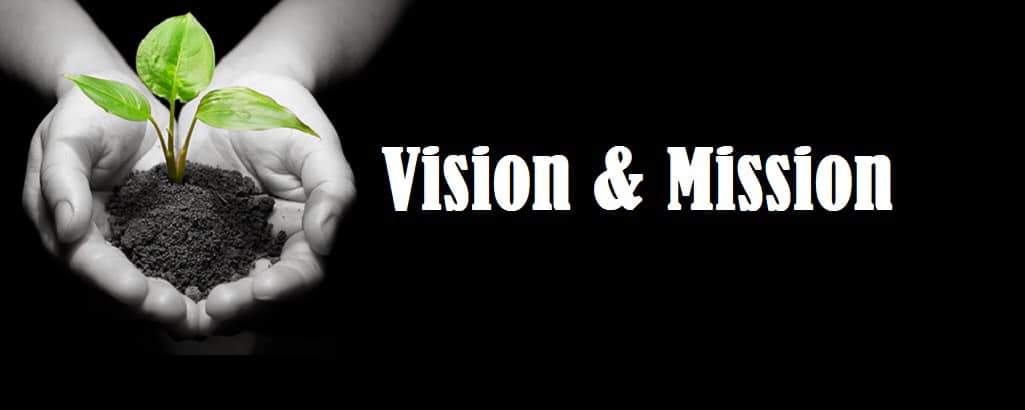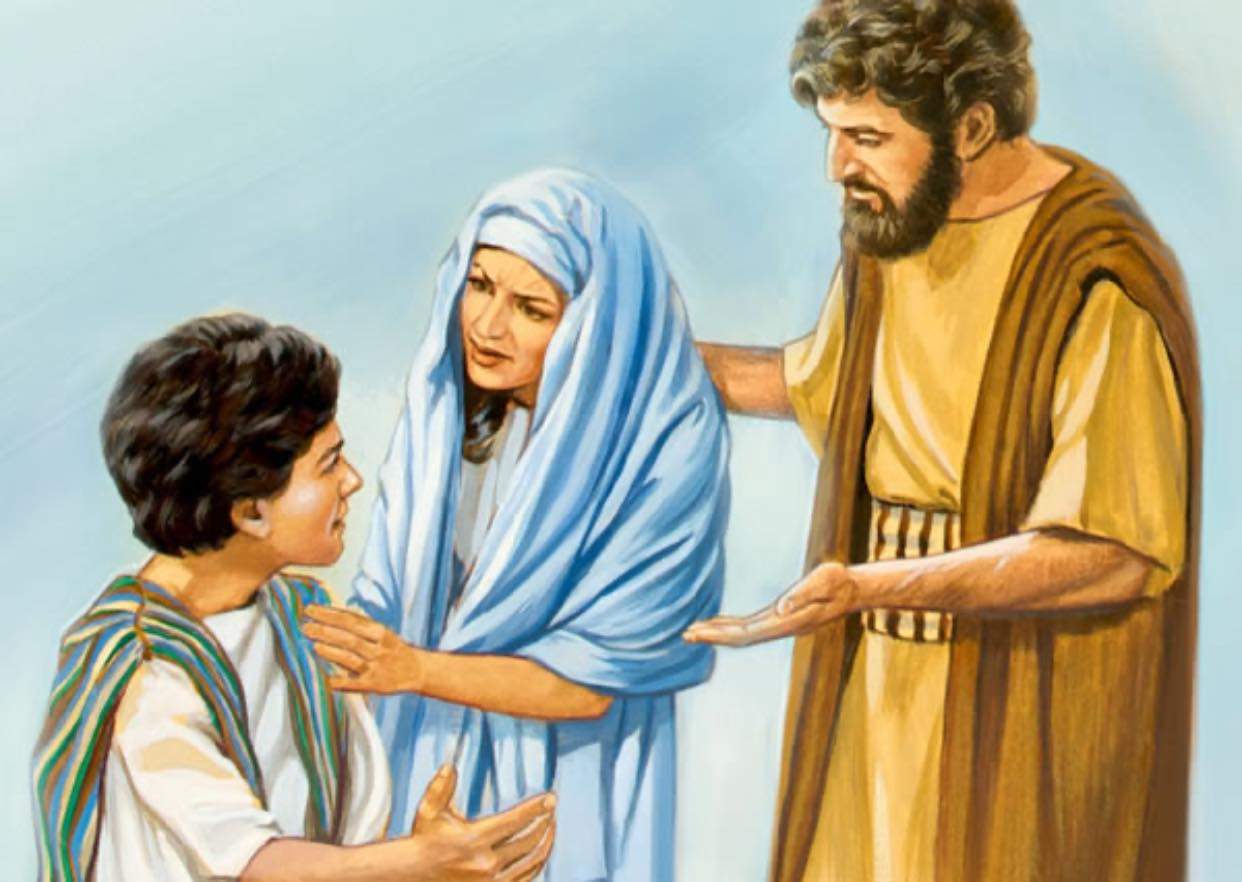Homily for the Feast of the Sacred Heart of Jesus, 19 June 2020, Mateo 11:25-30.
We joined the Celebration of the World Day of Sanctification of Priests this morning. I hope you don’t mind that, for this homily, I will just share a portion of what I said to our priests during our recollection this morning, which I entitled DIAGNOSING THE BODY OF CHRIST.
When a person loses consciousness, how do you check if he’s alive or dead? Doctors would usually monitor two things: first, is he still breathing? Second, is his heart still beating? Actually the two are related to each other. The moment a person’s heart stops beating, he also stops breathing. What he might need is an emergency CPR (cardio-pulmonary resuscitation). The “cardio” has to do with the heart, and the “pulmonary” has to do with the breathing. They both have to be restored if you want to get the patient to regain consciousness. Even if you give a person oxygen, he will still not be able to breathe if his heart has stopped functioning.
Let us relate this now to the solemnity we celebrate today. One of the important teachings of the Christian faith is that when we are baptized, we are reborn in order to become part of the Body of Christ. And this body is the community of disciples, the Church. It is supposed to be a living body. How do we know the Body of Christ is alive? If the heart of Christ beats in us and we breathe in the Holy Spirit.
The Holy Spirit is the life-BREATH of the Church. Just as in a body the blood will not flow if the person is not breathing, so also in the Body of Christ. Faith will not flow in the communal body if the Church does not breathe in the Holy Spirit and the heart of Christ does not beat in her. In the USA, the expression PLEASE I CANNOT BREATHE now comes across very strongly because of the cruel act of a policeman who was captured on video while kneeling on the neck of a black man named George Floyd, who died of suffocation. There are times when the Church too finds herself in similar situations, when she is unable to breathe. She is suffocated by Satan.
How do we know if the heart of God is functioning and beating vibrantly in our community? If our hearts follow the rhythm or the pulse of the God’s heart. When our heart beat is abnormal, our breathing will also tend to be abnormal.
In the 1st reading from Deuteronomy, the writer asks, why, of all nations on earth did God choose Israel as covenant partner? Why did God set his heart on Israel? The writer answers, it was definitely not because Israel was the greatest or most deserving. He says, Israel was in fact the smallest, the least, and the most wretched. Why then? Because they were slaves and the Lord took pity on them, he says. And that should give us an idea what God’s heart is like: he is a God who has compassion on the lowly, the poor, and those who do not count in this world.
No wonder, when God revealed himself to Moses in a burning bush, he said, “I have seen the affliction of my people, I have heard their cry for mercy, I know well their suffering and therefore I have come down to rescue them from slavery.”
Do we feel the beating of the heart of God during this time of pandemic? If we remain unaffected and indifferent, if we cannot even feel pity or compassion for the poor, if all we can think of is our own welfare, it could only mean the Body of Christ is not well.
The numbness of some parts of the body is a bad sign for one’s state of health. When a part of the body is paralyzed or disabled because of a stroke, it will not be able to feel the other parts of the body. Are we not familiar with the Filipino saying, “The pain of one part is the pain of the rest of the body?” This is true, only when the body is functioning well. You see, pain is actually a good sign. The capacity to feel the pain of others is a good indicator. When we are disturbed by the sufferings of others, that’s supposed to be a good sign. It could only mean the Body of Christ is alive, his heart is functioning, the body is well.
During this time of pandemic, are we aware of the many people who have lost their jobs? How many have fallen sick and cannot pay their hospital bills? How many have lost their loved ones and have not even been able to visit them, or come together for the traditional wake? How many people had gotten stranded, whether those coming home from abroad, or those from the cities going home to their provinces. I told you a few days ago about Michelle Silvertino, the mother of four who never got home to Catanduanes and died under a footbridge. I also told you about Mang Dodong, who spent 12 days under detention, all because he was buying fish in Navotas, which he could sell in a talipapa in Caloocan. How many elderly people, people with disabilities, street children, abused children, people with depression and other mental health issues who are losing hope? Do we even feel them, or are we even aware of what they are going through during these most difficult times?
I have said this many times before. If you have a decent home, the order to STAY HOME may sound perfectly simple for you. You will tend to agree with those who think that those who live in the slums and who defy order are simply hard-headed. It is easy to react this way when you’re not the one who lives under a bridge, or in a shack with no ceiling and which turns into a virtual oven during summer, or in a house with no windows, no toilet, and where the family members have to take turns sleeping because they cannot all fit inside. I know of one man who was arrested because he was sleeping inside a tricycle parked in front of their little home that did not have enough space for him.
During abnormal times like this pandemic, they say people can only behave in two different ways. One, switch to the beast mode, or two, behave like a proper human being. There are indeed those who follow the law of the jungle when their survival is at stake, survival of the fittest. What does it mean to remain consistently human even in the midst of a crisis situation? It is to take the option to respond with compassion, to prioritize the sick, the handicapped, and the vulnerable ones. I call it the principle of SURVIVAL OF THE WEAKEST. I’d like to believe it can also be called the PRINCIPLE OF LOVE.
In our 2nd reading to today, St. John says, because God is LOVE, the most basic indicator that a person is becoming truly Godly is not piety or prayerfulness. It is rather the capacity to express care, mercy and compassion, self-sacrifice, all summed up in LOVE. We become more truly human only when we learn to care for each other’s welfare, not just our own.
In the Gospel, Jesus invites his disciples to come to him, to feel his pulse, to learn from him. When we are overcome by fear, panic and anxiety, our hearts tend to beat faster, and we also tend to breathe faster or hyperventilate. This is what many of us are experiencing during these times, especially those who are aware that they have been exposed to an infected person and now have to isolate themselves.
And so you see why Jesus ‘ invitation in today’s Gospel is so reassuring? Like now, even if we are unable to go to Church, it matters so much that people are still able to draw near to God. That their physical isolation from from each other need not mean isolation from God too. That we remain united in his body.
Satan’s heart beats differently, you know. Unlike that of Jesus, it is aggressive, rough, violent, arrogant, has no regard for anyone else. It also knows no rest. Those whose hearts have learned to follow the beating of Jesus’ heart become gentle and humble like him. They are aware that they do not run the world, that they have no control of events. When we have the humility to admit that we do not know everything, that we cannot always preempt what is to happen, will find peace and serenity more easily. We can sleep in the boat even while the storm is raging because we know the Lord is with us, that he will never abandon us. Why do we know? We know because we feel the beating of his heart.
We are able to sing with the Psalmist, “Only in God will my soul be at rest, from him comes my hope, my salvation. He alone is my rock of safety, my strength, my glory, my God.” (Psalm 62:5)






